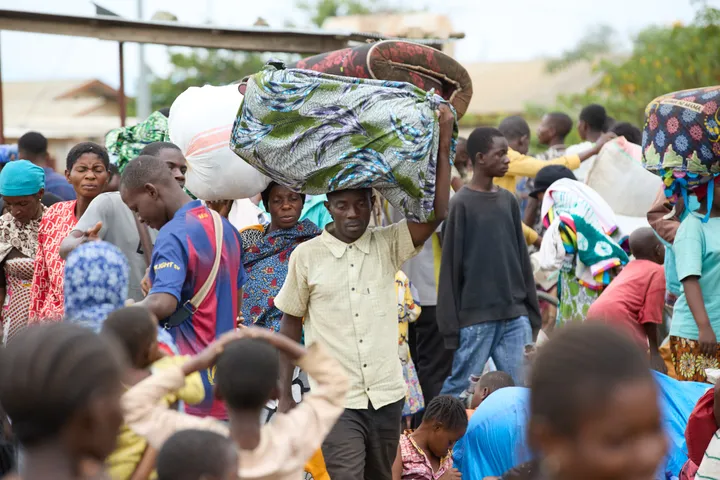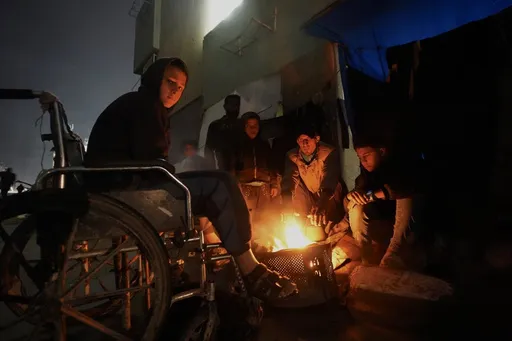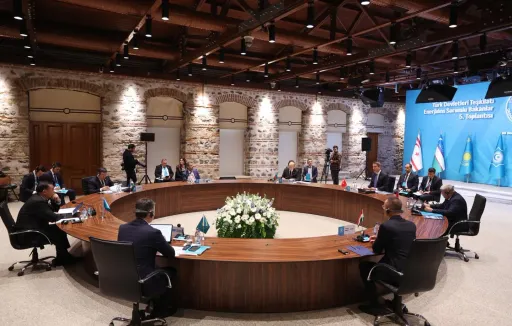By Andrew Wasike
During his visit to Kenya last week, UK's King Charles III gave an acknowledgement of sorts about the violence committed against Kenyans during decades of British colonial rule, but stopped short of issuing a formal apology.
He termed Britain's "abhorrent and unjustifiable" acts "wrongdoings of the past," saying that they were "a cause of the greatest sorrow and the deepest regret."
What he was referring specifically to was the brutal suppression of Kenya's fight for independence from British colonial rule, which ran from the early 1900s to the 1960s and saw widespread plundering of natural resources, as well as horrific abuses against Kenyans.
The fight for independence was led by Mau Mau fighters, a Kenyan anti-colonial group that took up arms against British rule in the 1950s.
Violence and intimidation
They faced a concerted campaign of violence and intimidation, with thousands killed and hundreds executed as the British colonisers, under the oversight of the monarchy led then by Queen Elizabeth II, established a network of concentration camps and detention centres.
Mau Mau detainees endured inhumane conditions, including overcrowding, forced labour and physical torture.
In 1963, Kenya finally gained freedom from colonial rule, and the Mau Mau's sacrifices are now recognised and revered in the country.
For many of the Mau Mau veterans and their descendants, the British legacy of pain lingers to this day.
Horrors
One veteran, Grace Wanjiru, now in her late 80s, said she remembers vividly the horrors of the Mau Mau detention camps and the abuses they endured.
"The king's acknowledgment is long overdue, but it's just words. We suffered and many lives were lost; (they included) people who I loved, my sisters, brothers and even relatives," she told Anadolu.
For Mary Wambui, a descendant of Mau Mau freedom fighters whose family was torn apart by the British, the visit by Charles only served to refresh some excruciating memories.
"The scars of what happened to us can never fully heal. The monarchy needs to do more than just acknowledge. We need reparations and justice," she said.
Dedan Kimathi
Another key issue for Mau Mau veterans and Kenyans in general is the location of the grave of Dedan Kimathi, a hero of the anti-colonial movement who was executed.
His final resting place remains a mystery as it was never revealed by the British.
"We want to know where Dedan Kimathi is buried. It's time for the monarchy to reveal the truth," Joseph Waweru, another elderly Mau Mau veteran, said.
Stolen artifacts are another sticking point, including cultural treasures, sacred objects and human remains such as the Nyeri skulls, the Gikuyu drums and the Maasai ancestral relics.
These were taken away by the British and remain in their possession decades later.
'Insult to Kenyan people'
Grace Tago, 39, said the fact that many of these things are still on display in British museums is an insult for Kenya and its people.
"It's insulting to see our heritage on display across the ocean, while the king offers apologies without any concrete action," she said.
"Repatriation is not just a request; it's a matter of justice and respect for our history and the sacrifices made by our ancestors."
Charles Waithaka, a 44-year-old direct descendant of a freedom fighter, said the dark history of British colonial rule can never be forgotten.
"A lot of Mau Mau fighters were killed. We had some compensation in 2013, around 5,000 people were compensated, but we still have a lot that feel that the UK government needs to come and sort this out," he said.
























